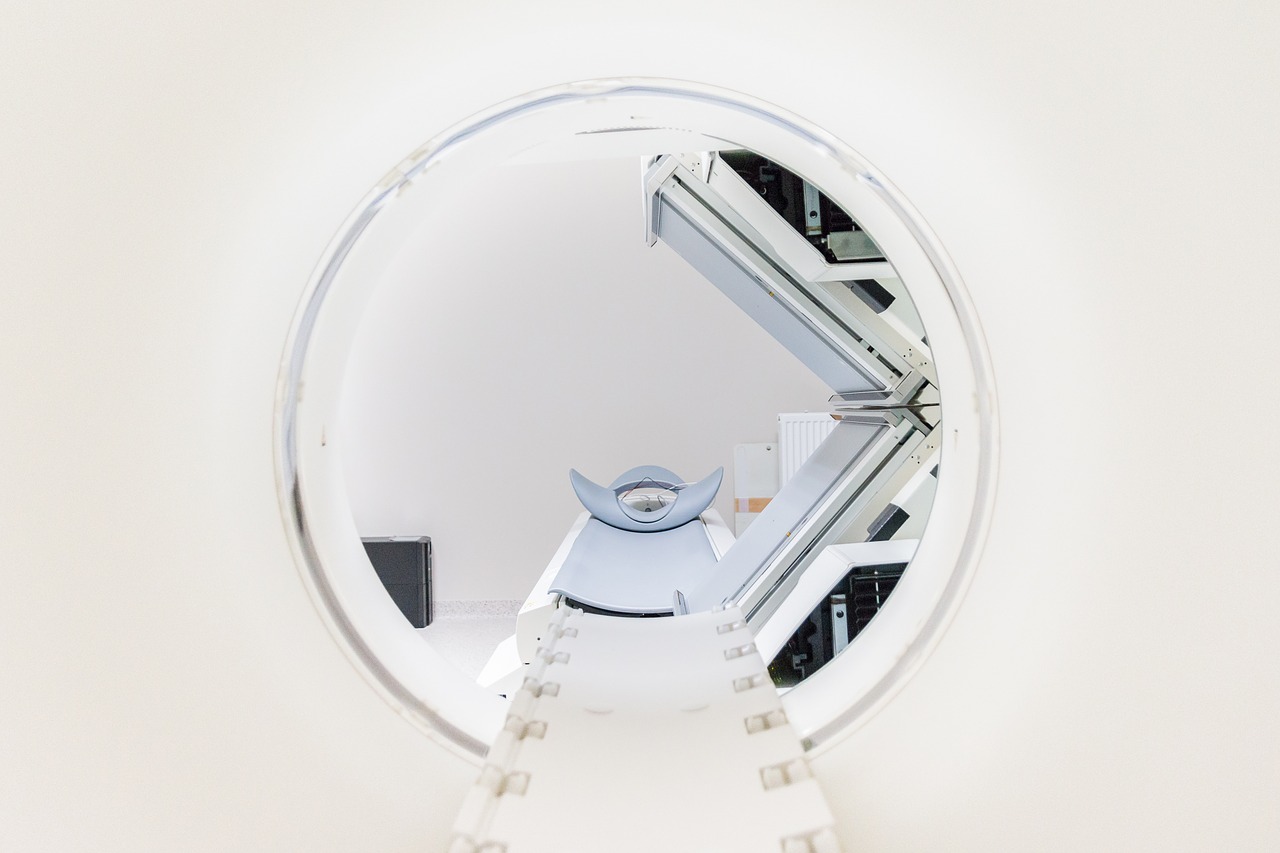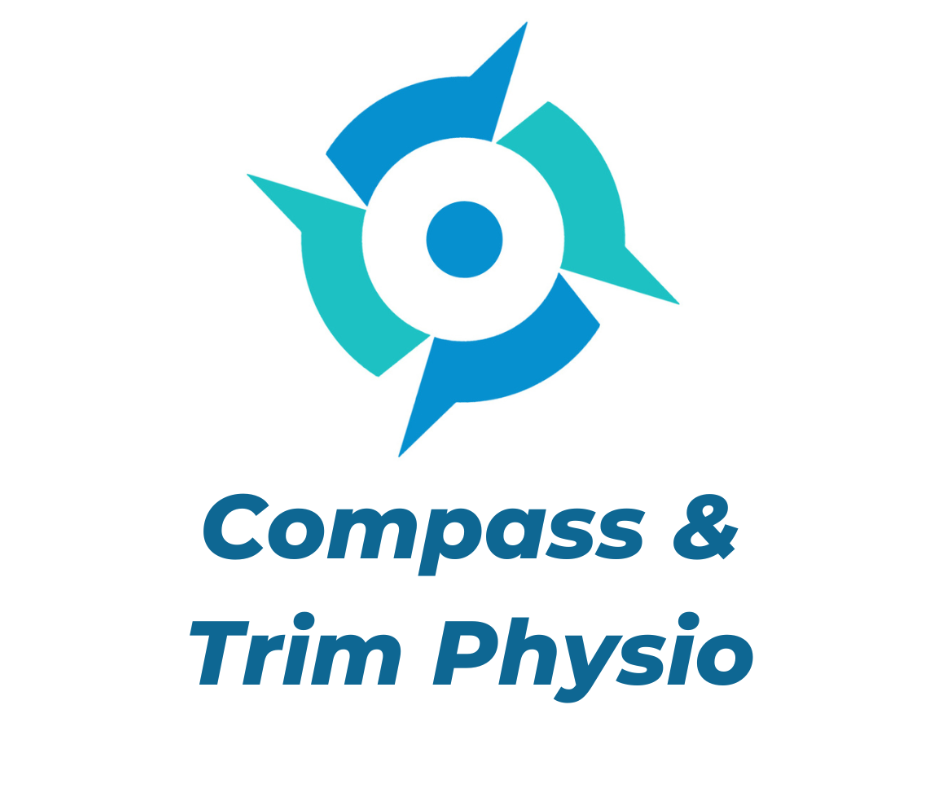Have you been told to get an MRI for your pain?
At Compass Physio Enfield, Kilcock, Castlecomer and Trim we have put together a short piece to help you learn about imaging and when its actually needed.
We will use the example of low back pain as an example.
Low back pain is very common in the general population with approximately 80% of people having experienced an episode of back pain at some point in their lives.
MRI (Magnetic Resonance Imaging) Scans are rarely recommended for back pain even in chronic pain and here’s why:
Quick facts about MRI (Magnetic Resonance Imaging) Scans
The average MRI scan costs around €300-350
The majority of back pain patients experience ‘mechanical’ back pain which do not require scans.
This is normally an issue with the joints and muscles.
Exercise, physiotherapy, strengthening exercises along with on occasion medication, are sufficient to manage symptoms.
As Physiotherapists we would often only refer for an MRI in cases where we identified there was something more complicated going on.
We find the best course of action is to link in with your GP, who we send a letter to or have a chat with and they can organise the formal referral letter.
What Could an MRI Scan Show?
MRI results often come back reporting “wear and tear”, “disc degeneration” and “disc bulges”, amongst other things.
These kinds of reports can easily worry a person about the structure and health of their spine.
It is important to note that these are normal and common findings.
As we age our body does so too. Degenerative changes are just part of life and have little to do with the pain we experience.
Studies frequently show the prevalence of degenerative changes in pain free individuals. Here are a few examples of.
91% of a pain-free population had signs of disc degeneration (‘wear and tear’)
56% of a pain-free population had signs of disc height loss
64% of a pain-free population had signs of at least one-disc bulge
32% of a pain-free population had signs of at least one-disc protrusion (‘slipped disc’)
38% of a pain-free population had signs of at least one annular tear (tear in outer part of a disc)
Keep in mind that these are participants who are experiencing NO PAIN symptoms!
How physiotherapy can help you with your back pain?
At Compass Physio a thorough assessment will be completed to determine the extent of your back pain.
This will include strength, movement and neurological testing. The first goal of physiotherapy rehab is to decrease pain and tenderness.
Physiotherapy interventions will include manual (hands on) and exercise-based therapies.
Physiotherapy will aim to restore full range of movement and strength within the early stages of healing. Next physiotherapy will work to restore strength in your movements.
This could relate to being confident that you can lift/carry items or indeed children without having to worry about your back. Late stage rehab will include dynamic exercises for a return to normal activities or sports.
These might be gym based or indeed a home exercise programme that you complete 2-3 times a week yourself in the long term.
To find out how Compass Physio can help, call 046 954 9456 (this number covers all clinics), click here to book online.
You can also email any questions to info@compassphysio.ie
Paddy Mulligan – MISCP Chartered Physiotherapist Compass Physio



